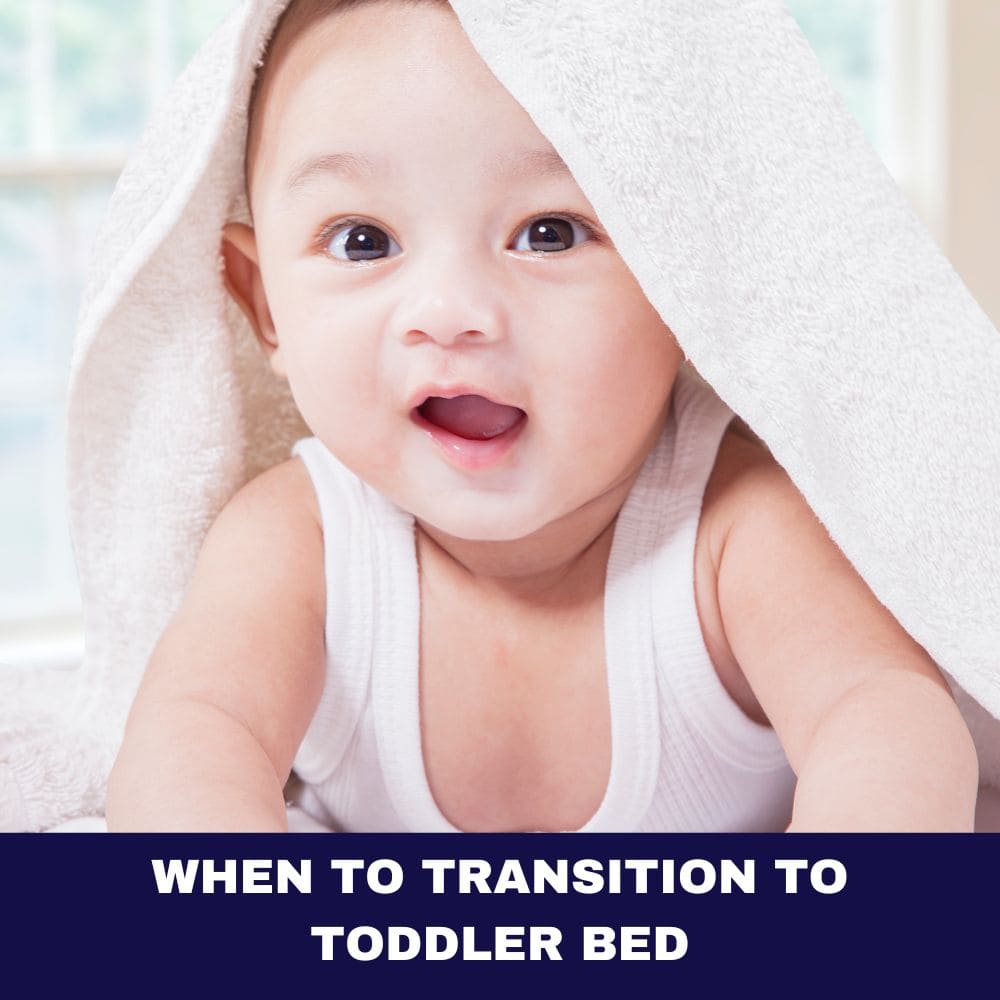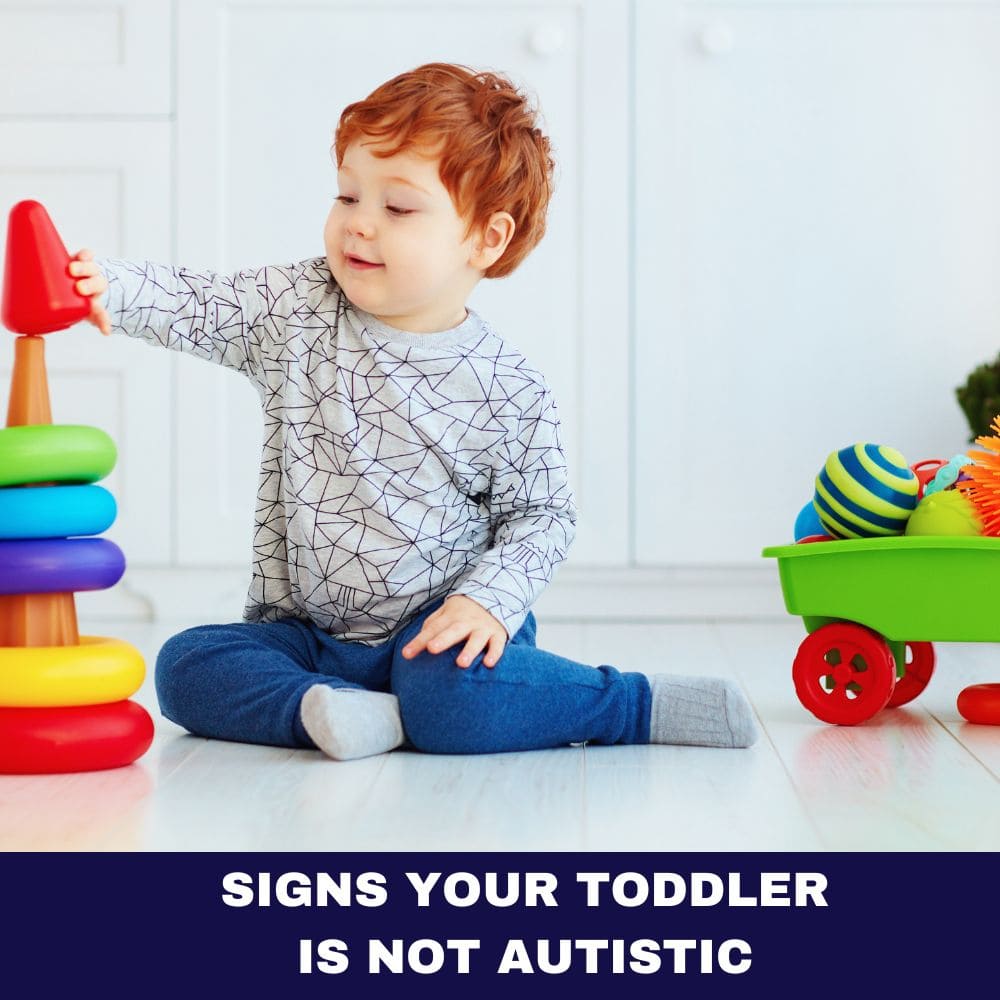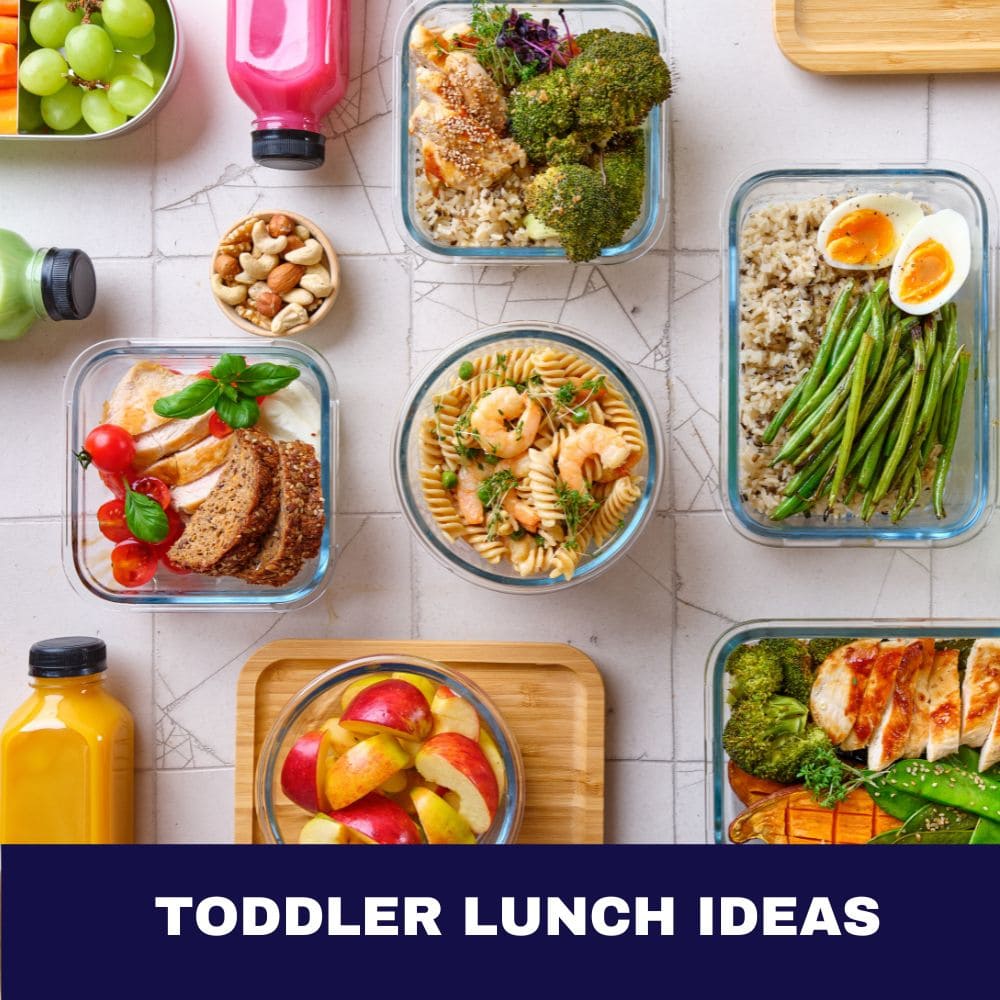As a new parent, I was constantly amazed and overwhelmed by every little thing my newborn did. But one infant behavior that truly filled my heart with joy was when she would reach out her tiny hands and softly touch my face. Those gentle strokes across my cheeks made me feel so loved and bonded to my little one.
Why Does My Baby Touch My Face? When I asked other moms about this common baby grabbing behavior, I discovered face touching is an incredibly common baby behavior. If your baby is exploring your face with their hands, they are likely showing affection or curiosity. Understanding the reasons behind this cute quirk can help you make the most of these special bonding moments.
It’s How They Learn and Explore
Babies discover the world around them through touch. Their hands and mouths are their main tools for taking in new information and sensations in their first few months. Stroking a parent’s face allows them to explore textures, expressions, and physical features up close.
As a first-time mom, I was amazed by how intently my infant would study my face, especially when I was speaking to her. She would carefully touch my mouth and cheeks with an intense, curious expression. It was clear she was actively working to understand facial expressions and mimic them.
According to child development research, faces are vital sources of information for new babies. Exploring through touch aids their rapid brain development. They are hardwired to take in social cues like facial emotions. So when your little one grabs at your face or pulls on your lips, remember they are learning!
Next step: Offer toys with different textures for your baby to touch. Notice what intrigues them about faces and see if they react similarly with other surfaces. Narrate their explorations to boost language connections.
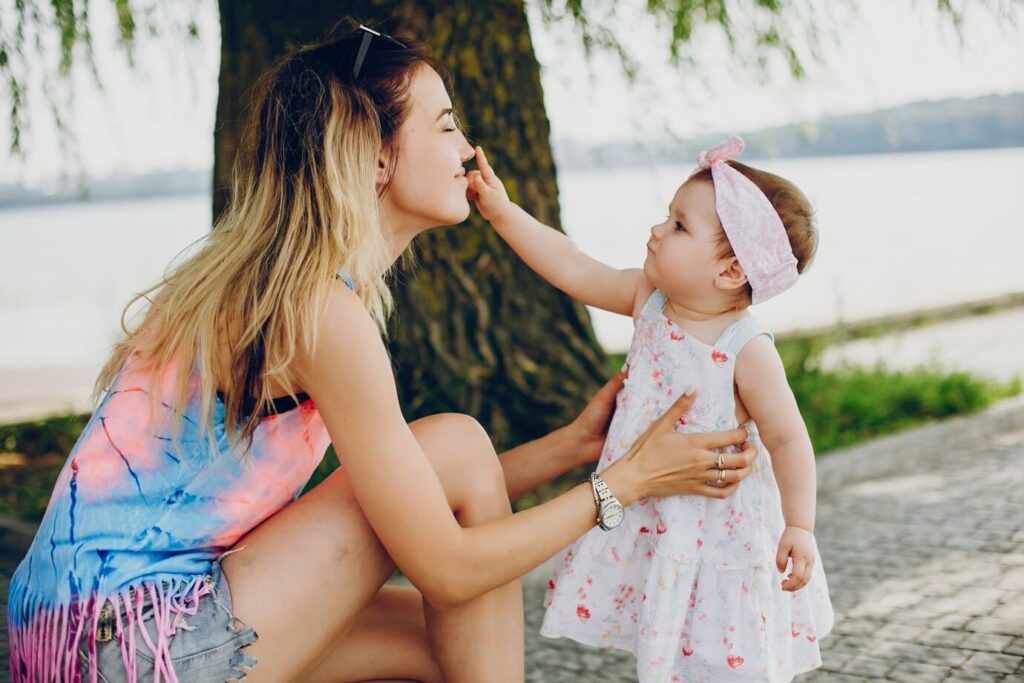
Your Scent Comforts Them
Babies quickly learn to recognize and be soothed by their caregivers’ natural scents. When my infant was fussy, holding her close to my chest always calmed her fastest. Research shows even newborns turn toward the unique smell of their mother’s milk.
Touching a parent’s face allows infants to pick up these comforting aromas they instinctively associate with safety and care. The area around your mouth and cheeks emits warm, moist air that brings out your natural scent. Nuzzling close to breathe it in is soothing.
During growth spurts when babies seem extra clingy, I noticed my daughter would rub and sniff my cheeks almost frantically. She was likely seeking the reassuring smell of her food source! Understanding this helped me empathize rather than feeling frustrated.
Next step: If your baby seems comforted by your scent, offer them a soft baby blanket or cloth that smells like you. This “lovey” can soothe them when Mom isn’t close by.
Skin-to-Skin Contact Stimulates and Calms
Faces are warm, soft surfaces babies seem to enjoy cuddling up against. The skin-to-skin contact provides comfort, stimulation, and pathways for brain development during a major growth period.
As an experiment, I tried letting my infant fall asleep snuggled against my cheek instead of rocking her. The steady sound of my breathing combined with the cozy feel of skin on skin quickly lulled her to sleep. I was amazed it worked so well!
Research on kangaroo care shows sustained touch against a parent’s body keeps infants warm, stabilizes heartbeat, and aids neural pathway growth. The stimulation of stroking or kissing someone’s face likely provides similar perks. It explains why the tradition of kissing babies all over their cute little faces exists across cultures.
Next step: Try wearing your baby in a carrier facing inward. This allows baby to nuzzle into you for comforting face-to-face contact as you go about your day.
They’re Bonding with You
Developmental research indicates babies have an innate need to form secure attachments. When they enjoy sweet moments of connection through snuggles, feeding, or play, it forges trust and attachment. Your bond strengthens, laying the foundation they need to eventually explore the world independently.
From my baby’s earliest days, she always calmed quicker when I held her. Over time, I could almost see the recognition and love lighting up her eyes whenever I entered the room. Touching each other’s faces seemed to be her favorite way to connect and convey “I feel safe and loved with you, Mama”.
Next step: Make time for unhurried face-to-face interaction through the day. Slow down and enjoy exchanging smiles during diaper changes or bursts of kisses while rocking before bedtime. This quality bonding will pay off hugely later!
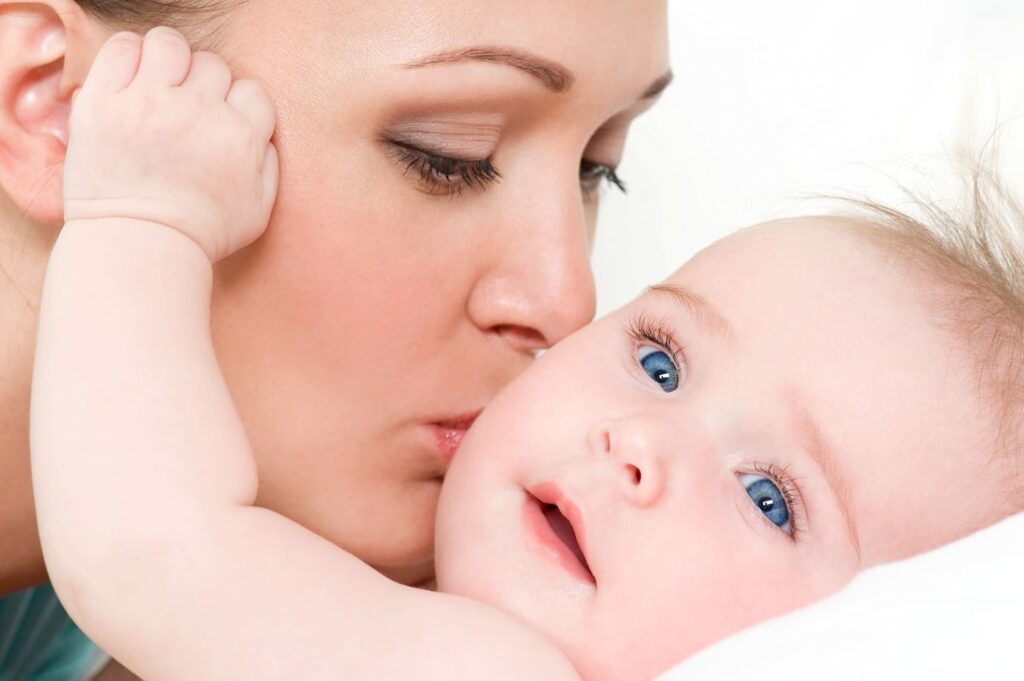
It’s a Sign of Affection
We naturally touch the face of a loved one during an embrace or kiss. For babies, physical touch is their earliest way to communicate care. When tiny hands reach out to stroke your face repeatedly, it signals genuine fondness and attachment.
I loved watching my daughter “kiss” my nose by tapping it with her open mouth, leaving it covered in drool! When she gently patted my cheeks while nursing, it felt like she was thinking “I love you, Mom”. Her affection shone through this intuitive, sweet gesture.
Research indicates touch is a baby’s first language. The motivation behind grabbing your face is likely pure love or an attempt to give kisses. Take it as confirmation that you are their most beloved person.
Next step: Respond with extra snuggles and kisses on baby’s head, cheeks or hands. This positive reciprocal touch encourages them to continue expressing affection.
Your Expressions Fascinate Them
As babies become more alert and observant around 2-4 months old, the complex movements of lips during speech or animated facial expressions seem to entrance them. Touching your mouth seems to help them process the connection.
I noticed whenever I stuck my tongue out or puffed my cheeks at my daughter, she would erupt in laughter before grabbing my face. Her eyes would widen trying to comprehend what was happening. She began carefully blowing raspberries herself around this time too.
Research shows babies begin recognizing and attempting to imitate facial movements surprisingly early. Their brains are primed to start picking up language and emotional cues. So when your dramatic reaction makes them laugh hysterically, expect little hands squeezing your cheeks to figure it out.
Next step: Have lively “conversations” with silly faces and sounds to boost baby’s understanding of expressions. Narrate what different emotions look like on their own cute face too.
They Might be Hungry or Tired
Increased fussing paired with repeated face touching can also signal your baby is hungry or growing sleepy. Crying from hunger release chemicals making baby desperate to smell and nuzzle against you seeking food and comfort.
My daughter went through a growth spurt around six months when she suddenly wanted to nurse constantly. I knew it was time to feed her anytime she rubbed and burrowed into my neck and chest. Understanding these cues prevented unnecessary tears.
As babies grow tired, you might also notice more clinging and grabbing onto your face and clothing. Responding quickly helps avoid frustrated meltdowns. Respect signs they need rest or refueling.
Next step: Observe what other body language accompanies the face touching to determine if baby is hungry or tired. Respond promptly to these needs before crying escalates.
In Conclusion…
Exploring and touching your face allows your baby to learn, self-soothe, bond, and communicate affection with their limited abilities. Seeing these gestures as the sweet, loving behavior they are makes it easier to respond positively.
So next time little hands reach for your face, relax and enjoy it! Smother them with kisses in return to encourage this special mode of connection. The days of these precious face grabs are fleeting.
FAQs – Why Does My Baby Touch My Face ?
Why does my newborn keep touching my face?
Your newborn is touching your face to explore textures, connect with you, and understand facial expressions. It’s a normal way babies discover the world and bond with caregivers in their first months through touch.
Is it normal for my baby to grab at my mouth?
Yes, it’s completely normal behavior. Your baby is fascinated by your mouth movements when you speak. Grabbing or touching your lips and tongue helps them process how faces communicate. Respond through silly facial expressions to support this discovery.
My baby pulls hair when touching my face – should I worry?
Don’t worry, hair pulling when your baby touches your face is common. They aren’t trying to hurt you, it’s exploratory. Gently untangle their hands, say “soft touches”, and redirect to a toy. Encourage gentle play.
Why does my baby pat my cheeks?
Patting or stroking your cheeks is how your baby shows love and affection. It’s their version of giving kisses. Enjoy these special bonding moments and return the affection.
How can I teach my baby to touch gently?
Gently hold their hand and stroke your face, saying “soft” to demonstrate. Distract with a toy if needed. Say “Gentle touches” and praise when they respond. Consistency with a loving approach builds empathy and communication skills over time.

